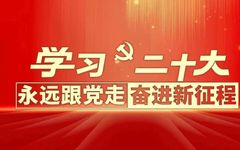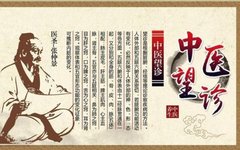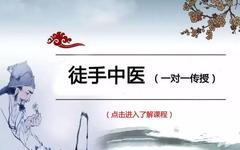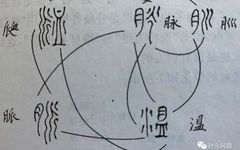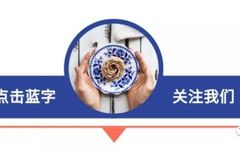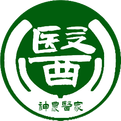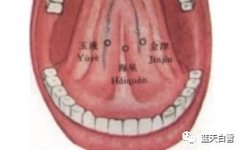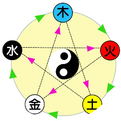Essential Observations in TCM Diagnosis
Traditional Chinese Medicine (TCM) observation diagnosis is one of the four diagnostic methods in TCM (observation, listening, inquiry, and palpation). It is an important component of TCM diagnostics, which involves observing the patient’s overall appearance, complexion, tongue presentation, as well as changes in the skin and facial features to understand the nature, severity, and prognosis … Read more

